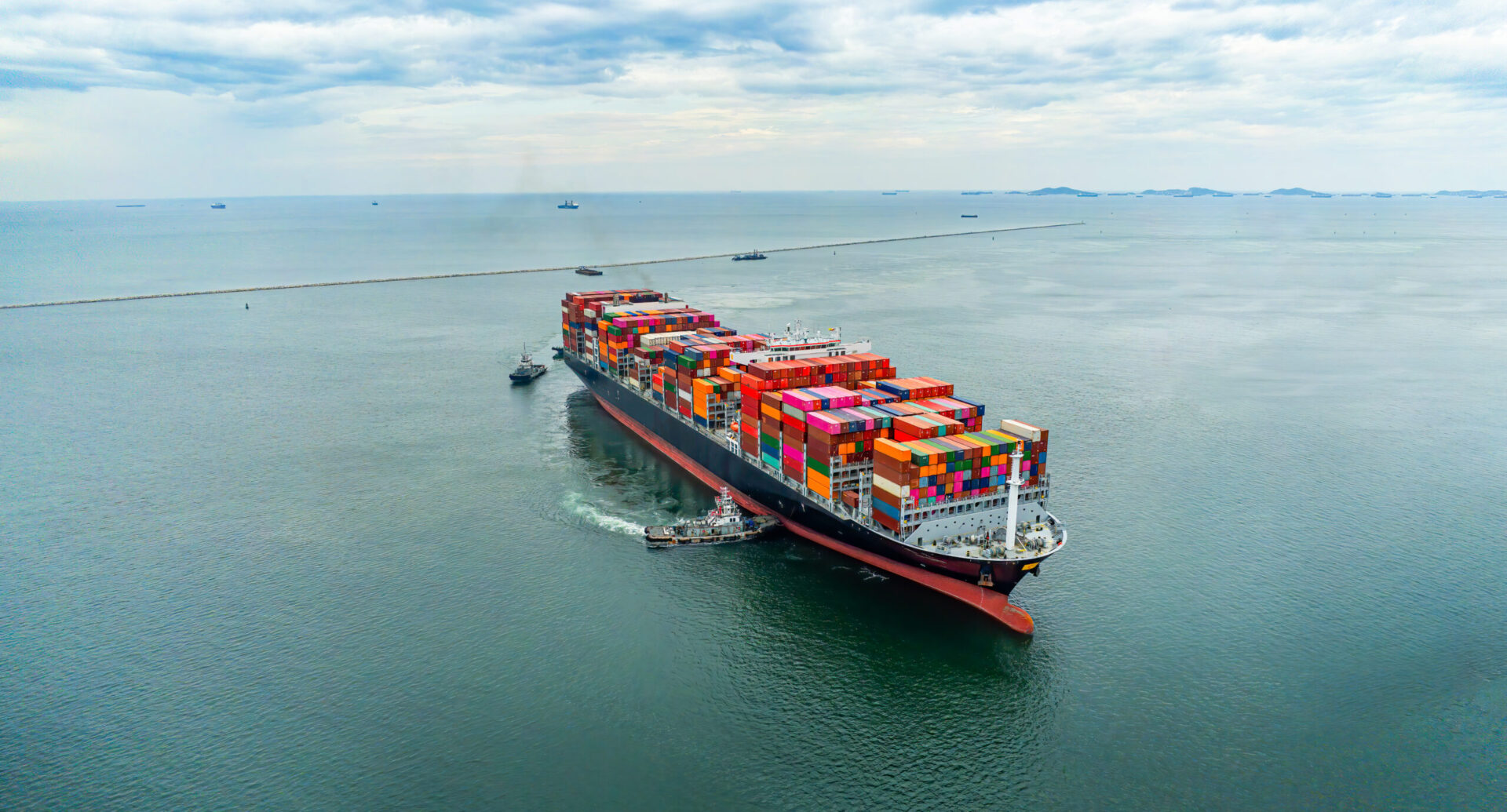Last week, German unions went on strike at the terminals in Hamburg, protests were taken up by port workers in Wilhelmshaven and Bremerhaven. Despite the fact that several days have passed since the protests, their effects are still being felt now. The strike ended after 48 hours, and it will take about a week to decongest the resulting congestion. Strikes in the logistics industry are a major setback, the delivery process to the customer is lengthening and the costs for the extra storage time continue to rise.
Spis treści
ToggleRising costs and waiting times
The average container dwell time at the port is also increasing, with a 9% increase during the strike period, while the average dwell time at other European ports has remained constant. If there are strikes next month as well, delays will accumulate, and be even greater. Meanwhile, the situation in maritime transport is difficult enough without protests. Container transport prices are rising, already reaching $9,000, and transit times are extending to over 50 days.
Strikes at other ports?
The load on medium-sized terminals, hitherto not as heavily used, is also increasing, which puts these terminals and their employees in a new, more difficult situation. – There, too, there are already calls for potential strikes due to huge overloads in relation to previous loads. The terminals in question are those such as Tangier or Le Havre, which carriers use for transhipment to shorten the loop on which ships run.

 Contact
Contact 
